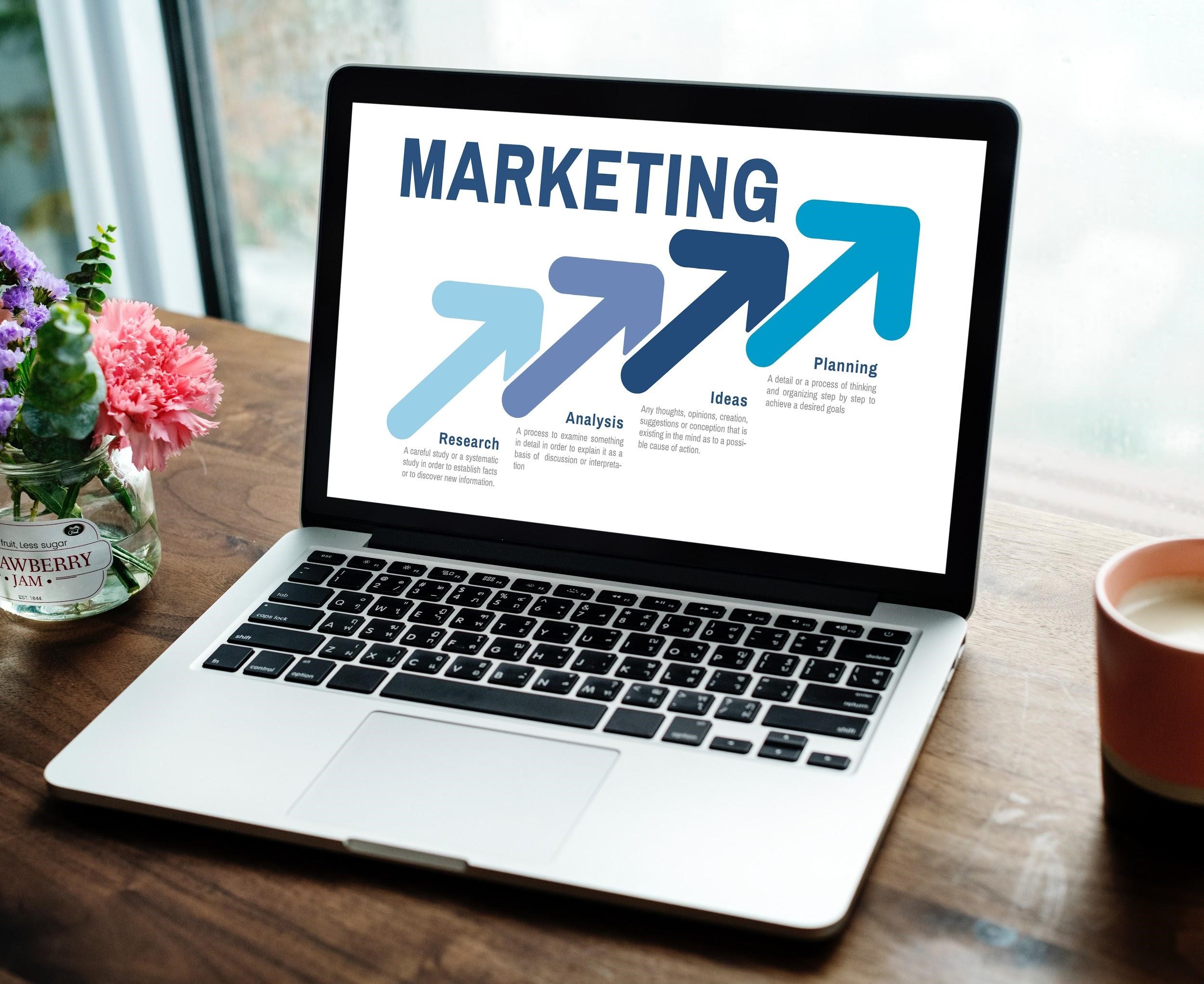Why Businesses Should Identity Their Marketing Profile
 Modern marketing isn’t just about making sales. It utilizes various communication channels with the goal of developing multiple touchpoints throughout the customer's buying experience. This is done in order to create an entire customer-centric journey from the moment they engage with a company straight through to the follow-up customer service.
Modern marketing isn’t just about making sales. It utilizes various communication channels with the goal of developing multiple touchpoints throughout the customer's buying experience. This is done in order to create an entire customer-centric journey from the moment they engage with a company straight through to the follow-up customer service.
Naturally, with so much going on in any modern marketing strategy, it’s important that your marketing team regularly takes the time to set the stage, evaluate your business’s needs, and establish clear goals and objectives. This all starts by defining your company’s marketing profile.
Discovering Your Marketer Profile
If you run a small or even a medium-sized business, chances are that you’ve felt overwhelmed by the idea of marketing more than once. Often the issue stems from a simple case of analysis paralysis. There are so many options available, it’s nearly impossible to differentiate between them in order to decide what’s best for your particular company at any one specific point in time.
That’s precisely why you want to start off by discovering your marketer profile. In essence, your marketer profile is the marketing stage that your business is currently in. It can help you define your current needs and what marketing decisions you should make to help reach them. The four marketer profile classifications are as follows.
Basic Marketers: This first profile is basically “square one” marketing. You still need to establish a presence online and you don’t have a huge budget to do so. Solutions include:
● Creating a logo.
● Building a basic website.
● Setting up your Google My Business listing.
Emerging Marketers: The second profile is for businesses that have a fledgling online presence and are looking to build on it. At this stage you should consider:
● Regularly investing several hundred or even a thousand dollars a month into your marketing.
● Experimenting with online paid advertising options like Pay-Per-Click.
● Optimizing your website for customer-centric conversions.
● Gathering positive reviews.
Accelerating Marketers: As the name suggests, the third profile is where things begin to pick up speed. If you’re at this point, you already have momentum, you have clearly defined marketing goals, and you’re looking for ways to gauge the success of your marketing. At this point, you should focus on things like:
● Developing more landing pages and scaling your paid online marketing campaigns.
● Optimizing SEO on your site.
● Propagating your unique selling proposition (why your brand is the better option) and communicating it clearly to your customers.
● Investing time in social media for marketing your business.
Experienced Marketers: Once again, as the name implies, if you’re in this stage of marketing, you likely already have excellent systems in place for lead generation, you’re aware of your marketing goals and how to reach them, and your brand awareness is through the roof. At this stage you should be considering:
● Dramatically increasing your marketing budget.
● Scaling marketing efforts that have already proven themselves to be effective.
● Possibly turning your entire, established operation over to a professional marketing agency to maintain.
Where to Go Next
As you probably guessed, your marketer profile has a massive impact on what your particular marketing strategy might be at any given moment. The maturity of your marketing efforts has a huge impact on everything from your brand identity to your marketing budget.
If you begin by identifying where you are in the marketing stages, you’ll have a much easier time tailoring your efforts to meet your current needs. While this is something that should clearly be done in a case-by-case scenario, here are a few important things to keep in mind after you’ve identified your marketer profile and as you begin to make future marketing plans.
Tend to Your Brand Identity
Your brand identity is a critical cog in your marketing plans. It’s your central theme and the way that your customers see you. A good brand identity communicates a company’s voice, tone, and message to the outside world. Make sure that your brand identity is on track with whatever stage of marketing you’re in.
Use Analytics
The modern era is driven by data. Analyzing data and using it to help with things like demographic targeting and website layout is critical. If you’re in the early marketing stages, make sure that you’re setting up systems to capture relevant data for your future marketing efforts. If you’re in later stages, ensure that you’re utilizing your data properly.
Support, Support, Support
Finally, remember that the modern omnichannel marketing experience carries right through to your customer service. Not only that, but 73% of online shoppers, when asked, were of the opinion that brands were quicker to prioritize generating sales than providing quality customer service. In other words, improving your customer service is a crucial and often overlooked part of a good marketing strategy. It aims at keeping your reputation high and cultivating repeat customers for the future.
Forging a Marketing Focus
Everyone is aware of the importance of marketing these days, but few small to medium-sized businesses manage to turn that awareness into solid marketing practices. Often this is simply because they’re drowning in the sea of marketing options and opinions available.
Take the time to discover your marketer profile and then use that to tailor your marketing strategy. Doing so is a great way to avoid wasted time and money, and it can quickly lead to more effective marketing and quicker overall growth as a company.

 Delicious
Delicious Digg
Digg StumbleUpon
StumbleUpon Propeller
Propeller Reddit
Reddit Magnoliacom
Magnoliacom Newsvine
Newsvine
Comments
Post new comment